

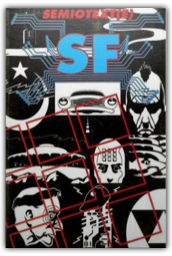
outsider sci-fi anthology 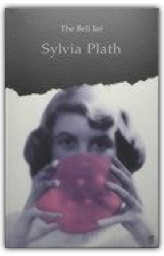
Plath was an excellent poet but is known to many for this largely autobiographical novel. The Bell Jar tells the story of a gifted young woman's mental breakdown beginning during a summer internship as a junior editor at a magazine in New York City in the early 1950s. The real Plath committed suicide in 1963 and left behind this scathingly sad, honest and perfectly- written book, which remains one of the best-told tales of a woman's descent into insanity. 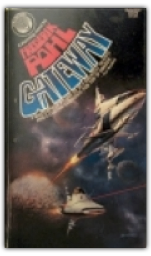
Some SF writers have astonishingly long productive careers. Frederik Pohl started in 1940 and with Cyril Kornbluth co-wrote such classic 1950s satires as The Space Merchants. He won Hugo and Nebula awards for the 1977 Gateway, a major novel combining classic SF excitement with psychological depth and now reissued in Millennium SF Masterworks. The compelling central idea is Gateway itself, an asteroid base stuffed with abandoned interstellar ships built by the mysterious, elusive alien "Heechee". These tiny vessels can travel on autopilot to countless unknown destinations. Some human passengers return with fabulous technologies and scientific insights, others empty-handed. Many more die from incomprehensible hazards at journey's end, or from lack of food or air in overlong round-trips. So the atmosphere of the human community at Gateway is uniquely edgy, halfway between a gold-rush town and Death Row. Pohl's unheroic hero Broadhead has both good and bad luck in Heechee craft, emerging with riches and terrible loss. We learn the shattering story of what happened in successive flashbacks, while the engaging, scene-stealing AI psychology software called Sigfrid patiently tries to put Broadhead together again. Gateway is witty and humane, full of clever insights, ingenious asides and claustrophobic drama. Its sequels are less impressive. —David Langford |
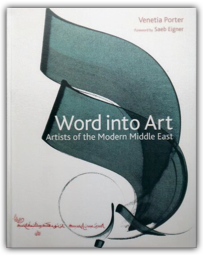
The exhibition and accompanying book highlight the contemporary art of the Middle East. The works selected which come largely from the collection of the British Museum are published here for the first time. They reflect issues of identity and politics and the rich artistic heritage of the region. One of the underlying themes is various artists' engagement with Arabic as script and language. For some this resonates with the sacred tradition of Islam and Qur'an. For others the Arabic script, whatever their language, is an inalienable part of their inheritance, influencing their identity as artists and intellectuals. The exhibition will demonstrate the variety and power of the ways in which artists of the Middle East have sought to express subjective and political truths through a medium that they themselves have transformed. In doing so they have created new genres owing much to international artistic schools of the 20th and 21st centuries but unmistakably informed by views of their own artistic traditions. The book, like the exhibition, will look at these works under the following headings: Sacred Script; Art Calligraphy; Artists and Poets; Deconstructing the Word; and Politics and Identity. It will explain the context of the works and provide translations of texts where appropriate. 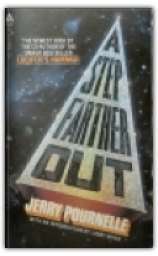
The monstrous Black Hole that my be slowly devouring our galaxy. The Fact and Fancy of Flying Saucers. Great Reading! 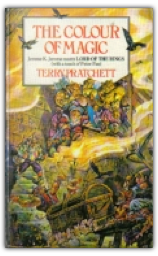
The Colour of Magic is Terry Pratchett's maiden voyage through the bizarre land of Discworld. His entertaining and witty series has grown to more than 20 books, and this is where it all starts—with the tourist Twoflower and his hapless wizard guide, Rincewind ("All wizards get like that... it's the quicksilver fumes. Rots their brains. Mushrooms, too."). Pratchett spoofs fantasy clichés—and everything else he can think of—while marshalling a profusion of characters through a madcap adventure. The Colour of Magic is followed by The Light Fantastic. —Blaise Selby, Amazon.com 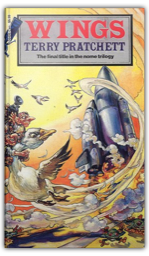
When Masklin and his tribe from the Outside first ventured into the world of Arnold Bros (est 1905) they heroically saved the nomes under the floorboards from certain death. But Masklin also made a discovery that was to change his life—Thing, the little black box he carried as a talisman, could speak and was ,in fact, awfully clever. So Masklin has no reason to doubt that Thing is telling the Truth when it speaks of a Ship which will take the nomes Home to their place in the Stars, and begins to seek a way of returning the nome race to its rightful place in the Universe. And if that means stealing Concorde, then so be it. |

Mike Scott
Collection Total:
4227 Items
4227 Items
Last Updated:
Feb 21, 2010
Feb 21, 2010

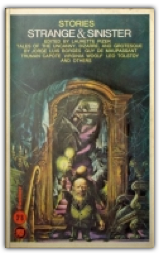
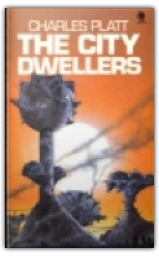
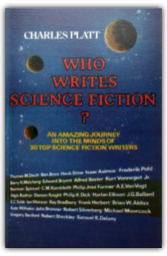
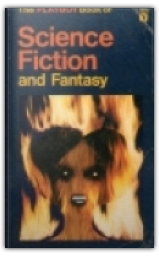
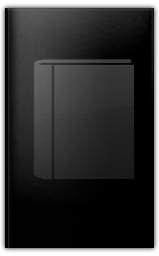
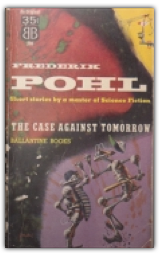
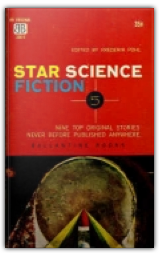
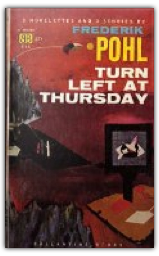
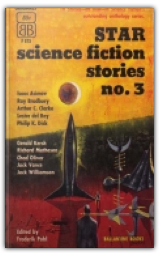
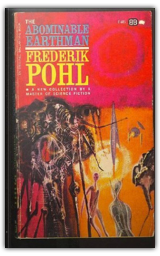
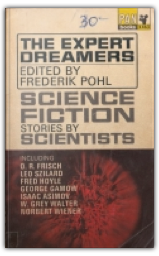
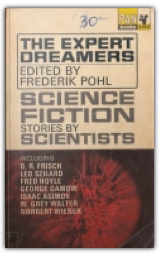
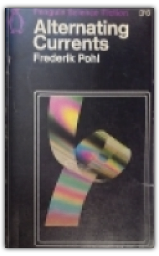
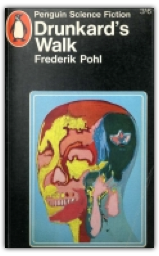
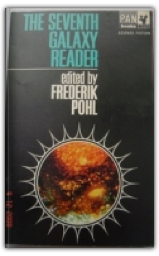
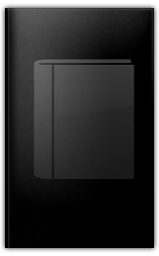
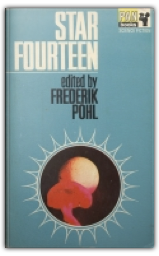
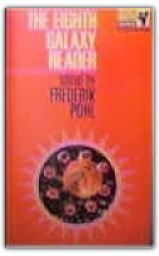
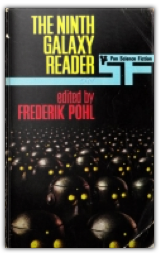
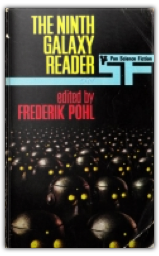
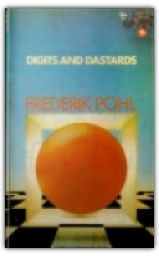
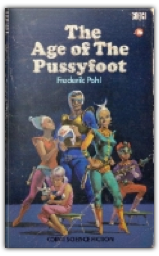
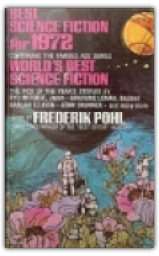
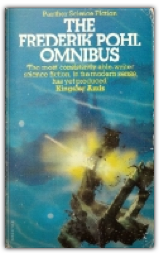
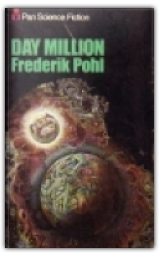
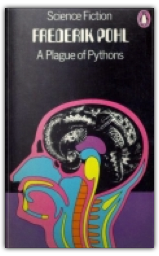
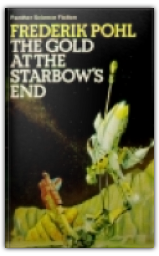
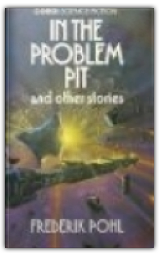
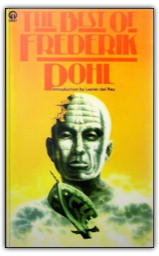
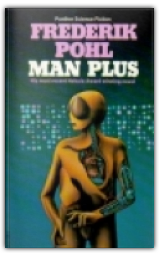
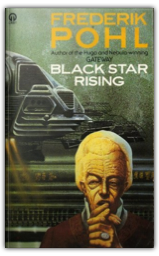
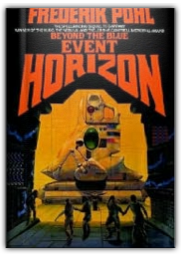
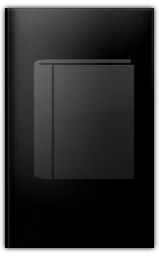

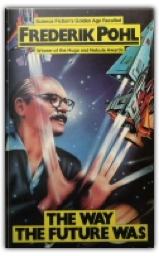
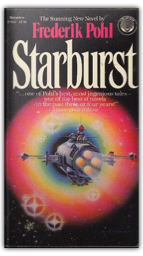
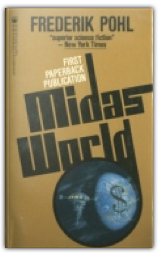

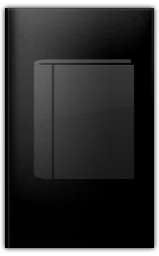
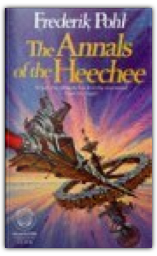
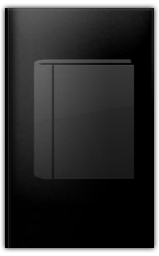
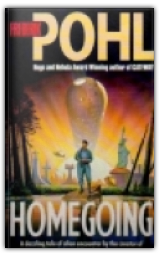
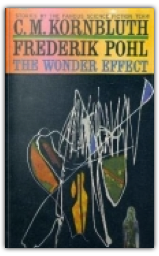
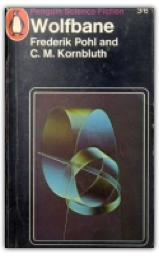
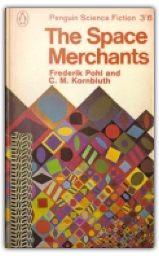
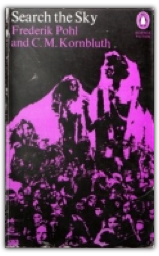
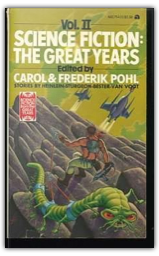
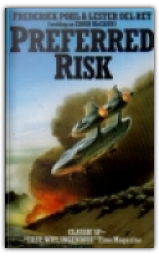
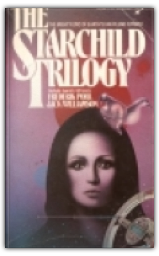
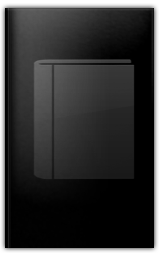
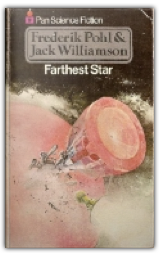
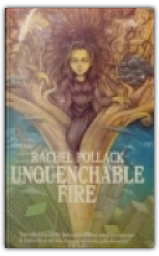
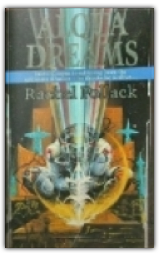
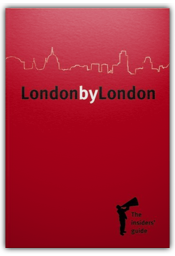
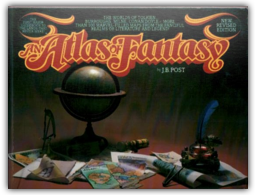
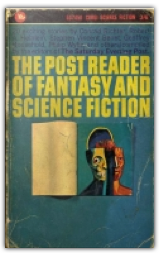
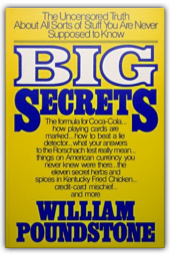
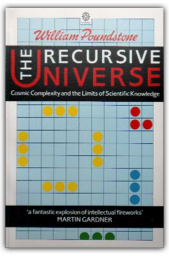
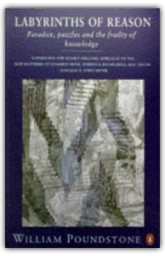
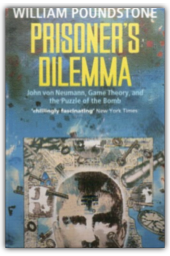
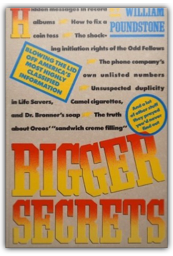
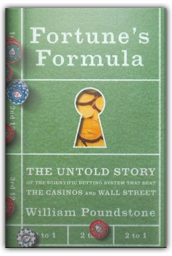
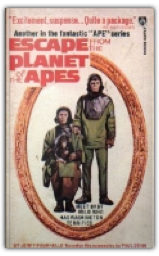
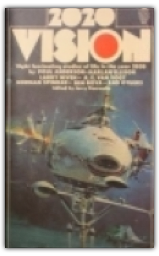
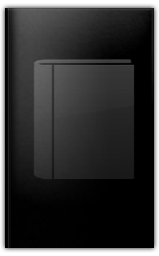
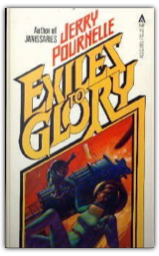
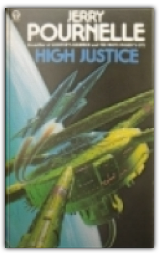
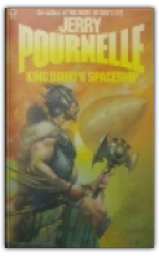
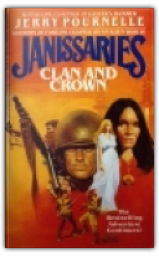
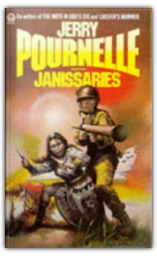
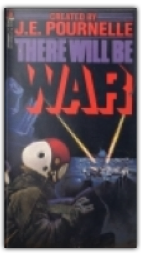
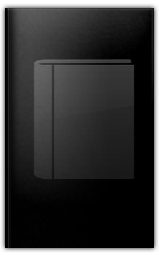
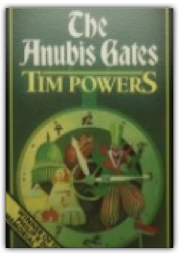
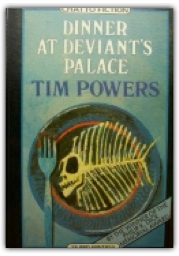
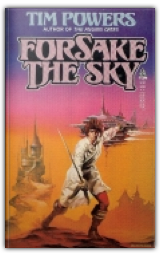
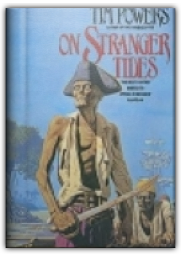
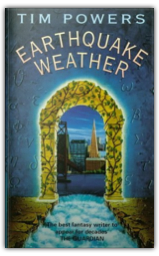
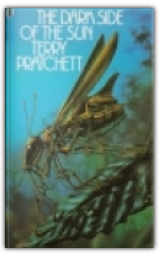
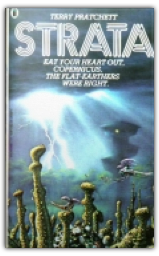
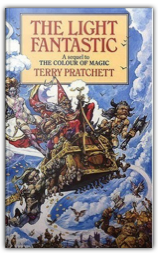
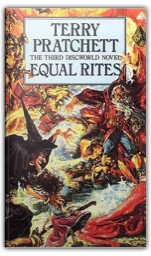
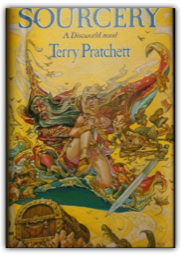
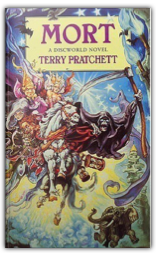
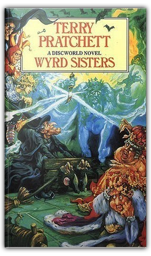
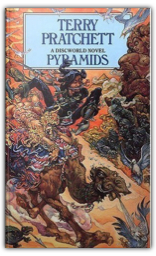
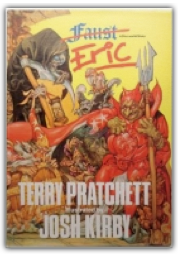
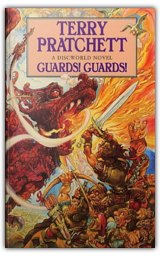
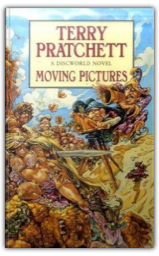
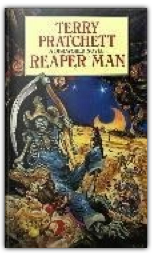
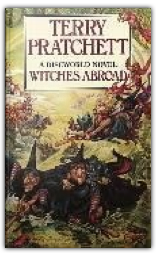
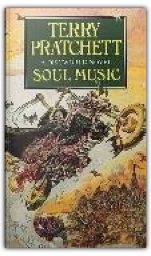
 Made with Delicious Library
Made with Delicious Library